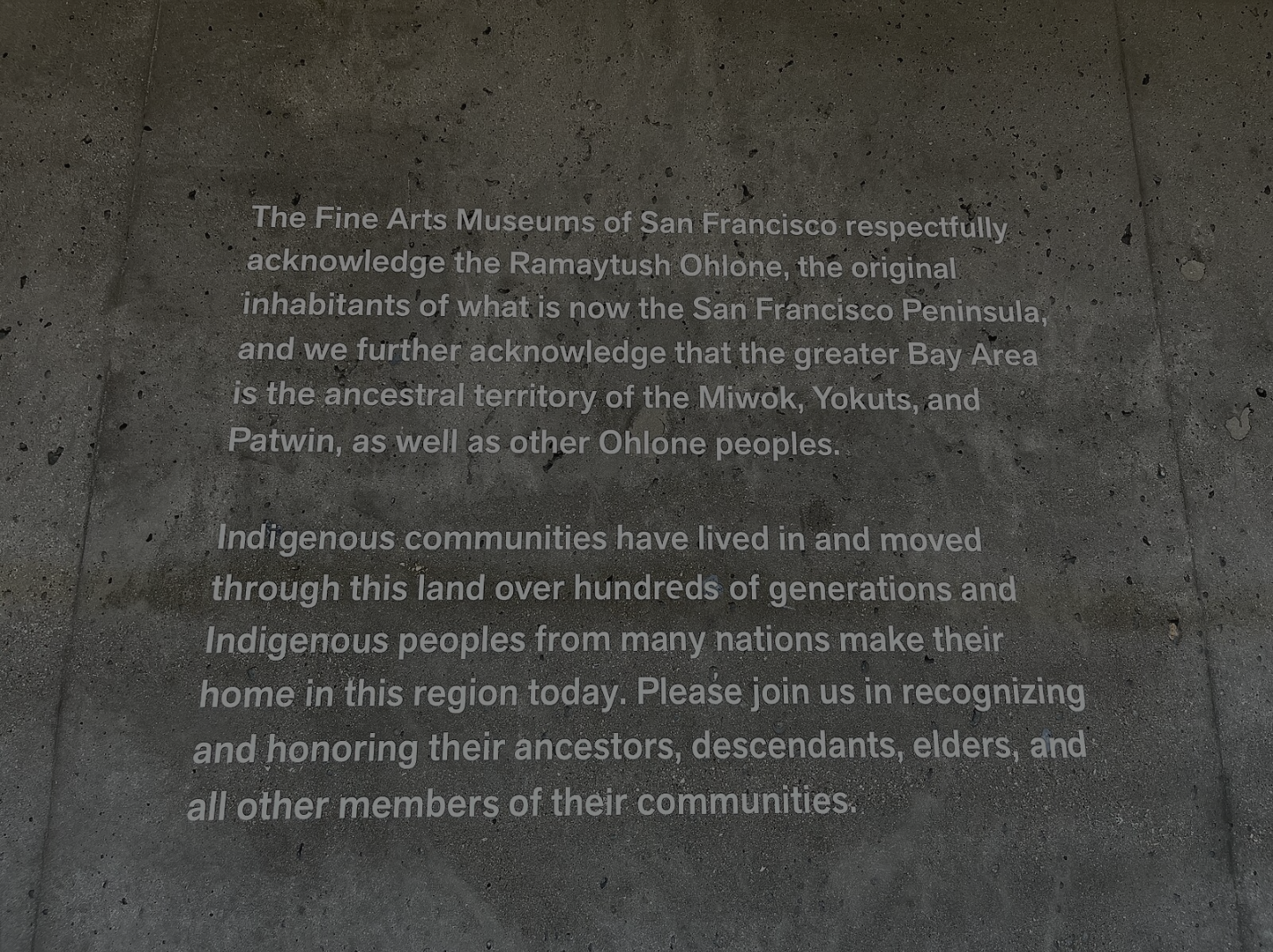
Thanksgiving is a time for celebrating traditions, sharing a meal with friends and family, and—if you’re on the left—reciting somber land acknowledgements about “Indigenous Peoples” before passing the mashed potatoes.
American universities have been issuing land acknowledgements for more than a decade. These statements, meant to recognize the supposed ancestral claims of “Indigenous Peoples” displaced by settlers, have become a hallmark of the “diversity, equity, and inclusion” (DEI) movement and pair neatly with the broader push to “decolonize Thanksgiving,” a trend embraced by celebrities, advocacy groups, and even the Smithsonian museum.
In some corners, the trend is not just alive, but getting more extreme.
At the University of Washington, for example, student Aleia Hofschneider Santos said land acknowledgements don’t go far enough, arguing that they must be accompanied by “real action” on behalf of “Native groups.” In her view, the statements themselves are merely symbolic and therefore insufficient. Similarly, at William & Mary, student Lucia Reyes argued that her school’s land acknowledgement is “problematic” and “performative,” claiming that brief ceremonial statements fail to “lead to meaningful discussion.”
[RELATED: George Mason University Begins Orientation with a Land Acknowledgment]
But as the culture pendulum continues swinging right—evidenced by recent legislation and growing public pushback—the fad may soon become something we look back on and laugh about.
In September, Ohio State University scaled back most land acknowledgements in response to Senate Bill 1, which restricts DEI initiatives at public institutions. Additionally, Georgetown University’s Office of Undergraduate Admissions ordered its student tour guides to remove land acknowledgements from tours and training materials.
Students are pushing back as well. At Brigham Young University, student Kimball Call wrote a blistering op-ed after a professor began appending land acknowledgements to email signatures, calling the practice “an outgrowth of a radically progressive anti-colonialist ideology” and urging professors to abandon “social justice virtue signaling” in favor of genuine academic and moral excellence.
So could this be the opening chapter in the slow fade of land acknowledgements? Time will tell. But if these shifts mark the start of that decline, then we have at least one unexpected blessing to add to the Thanksgiving table.
Image: “Land acknowledgement at de Young Museum – Jan 2022 – Sarah Stierch” by Missvain on Wikimedia Commons
In addition to everything else, the problem with land acknowledgements is that the people we are acknowledging inevitably had stolen the land from someone else.
People like to think that the native peoples were peaceful folk sinking Kumbaya around the campfire and being nice to their neighbors — and nothing could be further from the truth…
Their dating practices included kidnapping women from other tribes (or White settlements), dragging them back by force, and repeatedly raping them — and forcing them to bear & raise the children of these rapes.
They fought wars, often genocidal wars where they often exterminated other peoples — the Pocomtucs come to immediate mind. They didn’t observe Western conventions of war, either — they would do horrific things to captured enemy. And some tribes would attack their peaceful neighbors without provocation.
What’s not said about the first Thanksgiving is that it was part of a military alliance not unlike NATO. The local Indians were terrified of the Narragansetts down to Rhode Island and they wanted to organize mutual defense against them. They also were impressed with the European form of warfare and wanted to learn it.
People ask why was Turkey in NATO? Turkey has mountains which we used during the Cold War as listening posts — we captured Soviet radio traffic and other electronic communication.
And why did they help the Pilgrims? They saw the Pilgrims as helpful in defense against the Narragansetts…